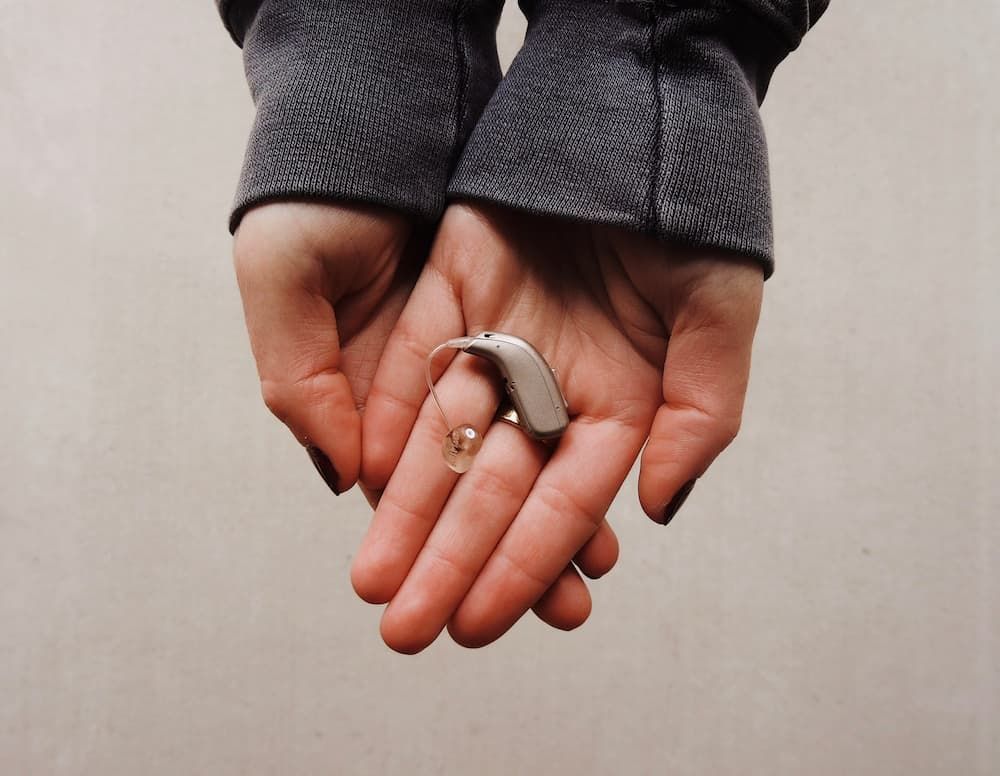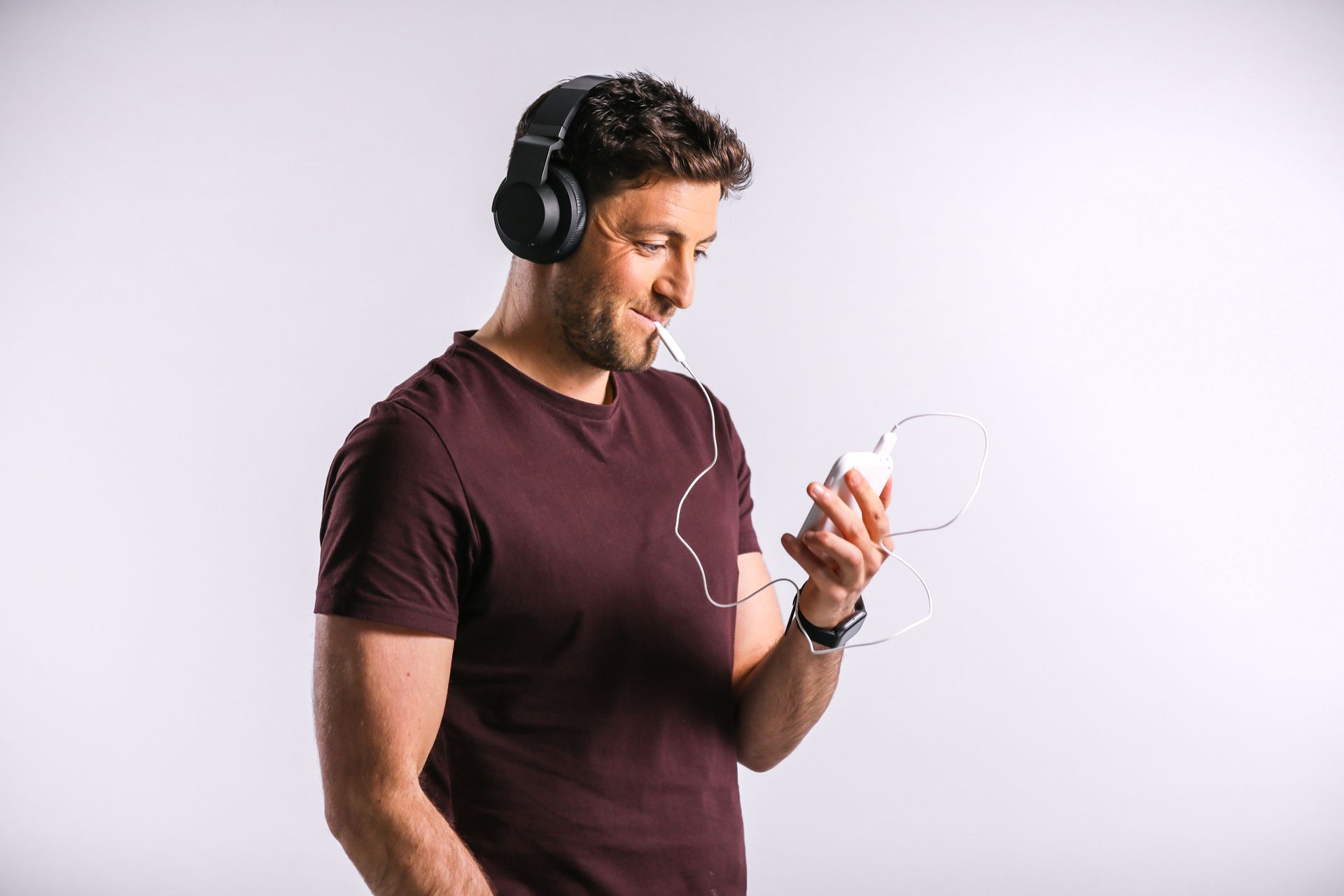CBT vs TRT - Treatment Options for Tinnitus

Tinnitus can be a persistent and frustrating condition, impacting daily life and mental well-being. While there is no single cure, effective treatment options help individuals manage symptoms and improve their quality of life. Tinnitus retraining therapy (TRT) and cognitive behavioral therapy (CBT) treatment for tinnitus offer different approaches to relief—one focuses on sound therapy, while the other helps reframe negative thought patterns to reduce emotional distress.
For those in Arizona seeking expert tinnitus care, understanding how these therapies work can help determine the best path forward. Comparing CBT and TRT provides insight into how each method supports long-term tinnitus management.
Understanding Cognitive Behavioral Therapy for Tinnitus
CBT treatment for tinnitus focuses on addressing the emotional and psychological response to persistent ringing or buzzing sounds. Instead of trying to eliminate tinnitus, CBT helps individuals change their perception of it, reducing the stress and frustration it often causes.
CBT works by identifying and reframing negative thought patterns associated with tinnitus. Patients learn coping techniques such as relaxation strategies, mindfulness, and cognitive restructuring to shift their focus away from the sound. By modifying these reactions, CBT can significantly improve quality of life, making tinnitus less intrusive and distressing over time.
Exploring Tinnitus Retraining Therapy
TRT is a structured approach that helps individuals adapt to tinnitus by reducing their awareness of the sound over time. It combines two key components: sound therapy and directed counseling. Sound therapy uses external noise—often through specialized devices—to mask or blend with the tinnitus, making it less intrusive. Counseling helps individuals change their emotional response to the sound, reducing stress and discomfort.
TRT works by retraining the brain’s reaction to tinnitus, gradually shifting it from a disruptive noise to a neutral background sound. Many patients experience significant improvement in their ability to ignore tinnitus, allowing them to focus on daily activities without distress.
Research and Effectiveness: Tinnitus Retraining Therapy vs. Cognitive Behavioral Therapy
Extensive research supports both CBT and TRT as effective approaches for managing tinnitus. Studies show that CBT treatment for tinnitus helps reduce the emotional distress and anxiety associated with persistent ringing by reshaping negative thought patterns. Meanwhile, TRT has been proven to improve habituation, allowing individuals to perceive tinnitus as less disruptive over time.
So, what is the best therapy for tinnitus? While both methods offer relief, their effectiveness depends on individual needs. Research suggests that CBT provides stronger long-term benefits for managing emotional responses, while TRT is more effective for those seeking sound habituation.
Who Can Benefit from CBT and TRT?
CBT is ideal for individuals who experience significant emotional distress due to tinnitus. It helps those struggling with anxiety, depression, or sleep disturbances by reframing negative responses to the condition.
TRT benefits those seeking to habituate to tinnitus by reducing their perception of the sound. It’s particularly effective for individuals who want a structured approach to sound therapy combined with counseling.
The Rohe Method: A Comprehensive Approach to Tinnitus Treatment
The Rohe Method® combines the core principles of CBT and TRT to create a well-rounded approach to tinnitus management. This method focuses on brain retraining and neuroplasticity, helping the nervous system adapt and reduce tinnitus-related distress over time. By addressing both the emotional and physiological responses to tinnitus, the Rohe Method helps individuals regain a sense of control.
This integrative approach provides patients with the benefits of counseling, sound therapy, and cognitive reframing, offering a personalized treatment plan for long-term relief.
Why Choose Tinnitus & Hearing Center of Arizona?
Tinnitus & Hearing Center of Arizona specializes in advanced tinnitus management, offering CBT, TRT, and our exclusive Rohe Method®. Our team provides personalized care, ensuring each patient receives a tailored treatment plan that promotes long-term relief. With expertise in sound therapy and cognitive-based approaches, we help individuals retrain their response to tinnitus and improve their quality of life.
Take the First Step Towards Better Tinnitus Management
Tinnitus can feel overwhelming, but the right treatment makes a significant difference. For those seeking expert tinnitus care, the Tinnitus & Hearing Center of Arizona provides comprehensive treatment options backed by experience and innovation. Click here to schedule an appointment, or call 480-831-6159.
Image Credit:Shutterstock/Kulkova Daria

















